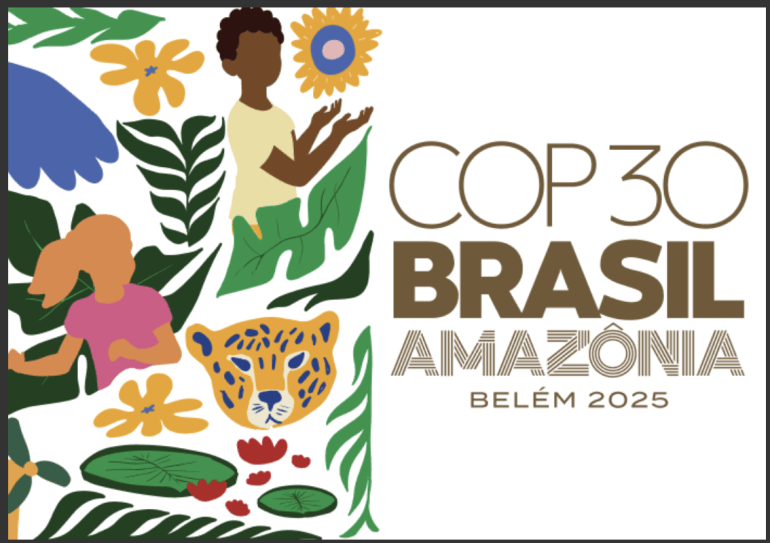

28.11.2025
From 10 to 21 November, ATIBT was actively represented at COP30 in Belém through its partner TEREA and Jeanicolau Simone de Lacerda, ATIBT’s representative for Latin America. Various other members of ATIBT (FSC, PEFC, Maderacre, aDryada) were present.
COMIFAC also made a notable contribution.
Their presence ensured that the voice of sustainably managed tropical forests — especially those of the Congo Basin — was heard at an event widely referred to as the “COP of Forests”.

While global climate negotiations made uneven progress, forest protection dominated the agenda. Several political and financial announcements strengthened the momentum for the world’s major tropical basins, including the Amazon and the Congo Basin.
A landmark moment was the launch of the Tropical Forest Forever Facility (TFFF), a new global mechanism rewarding countries that preserve their forests through predictable annual payments per hectare of standing forest. This instrument, supported by more than 50 countries, aims to mobilize stable long-term finance by blending public and private investment — a major step toward filling the annual global forest-financing gap.
The Congo Basin also gained prominence with the release of the Belém Appeal, committing over USD 2.5 billion in the next five years to conservation, climate resilience, and local development.
Represented by TEREA and its Carbon & Biodiversity Commission, as well as by Jeanicolau Simone de Lacerda, ATIBT took part in pivotal sessions across several pavilions, highlighting certification, community impacts, and nature-based solutions.
At events such as “Building for Forests” (PEFC International & FAO / SW4SW), Jeanicolau demonstrated how responsible wood construction links certified forest management with climate-resilient housing, low-carbon development, and improved livelihoods.
His presentation included the Brazilian case study of Precious Woods Amazonia, showing how certified sustainable forest management can transform remote communities socially and economically — notably the village of Novo Paraíso, formerly “Jesus, the only hope,” which now benefits from inclusion, capacity building, and socio-environmental programs supported by a certified concession.
Jeanicolau also moderated a major roundtable at the BNDES Pavilion, where the Brazilian Development Bank announced more than EUR 1.1 billion in upcoming forest-related investments.
ATIBT and TEREA co-organized and contributed to three high-level sessions:
Across all sessions, ATIBT reaffirmed a consistent message: certified sustainable forest management (SFM) remains one of the most efficient tools to reduce deforestation, support local economies, and strengthen climate resilience.
COP30 concluded with tangible progress for forests: increased political visibility, innovative financing tools, and stronger cooperation between tropical forest basins. Yet the challenge remains vast. Making instruments such as the TFFF operational, securing massive long-term finance, and ensuring greater alignment between forest countries will be essential.
ATIBT will continue to follow and contribute to:
Furthermore, COP30 in Brazil nevertheless ended with an agreement without a plan to phase out fossil fuels.